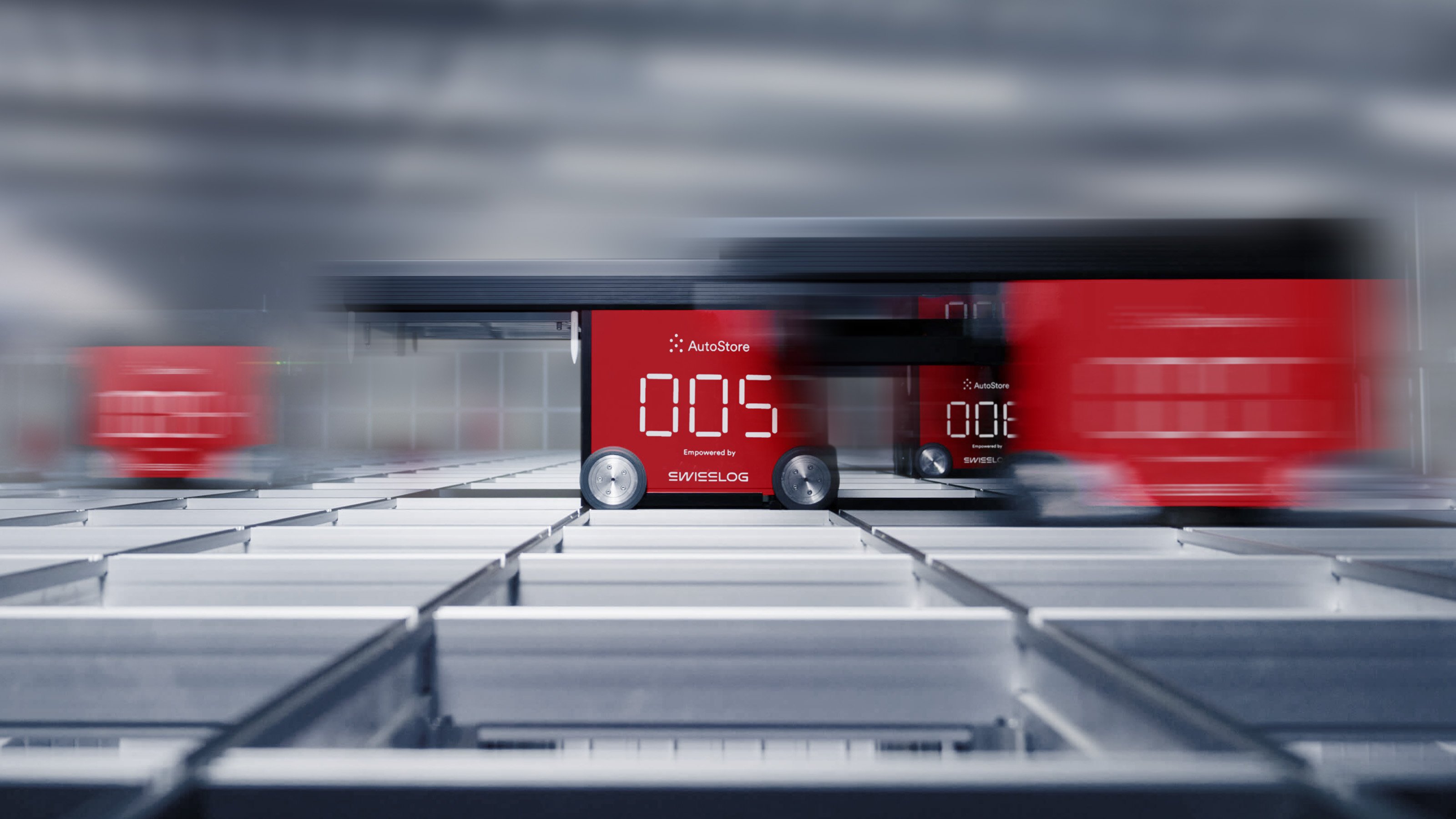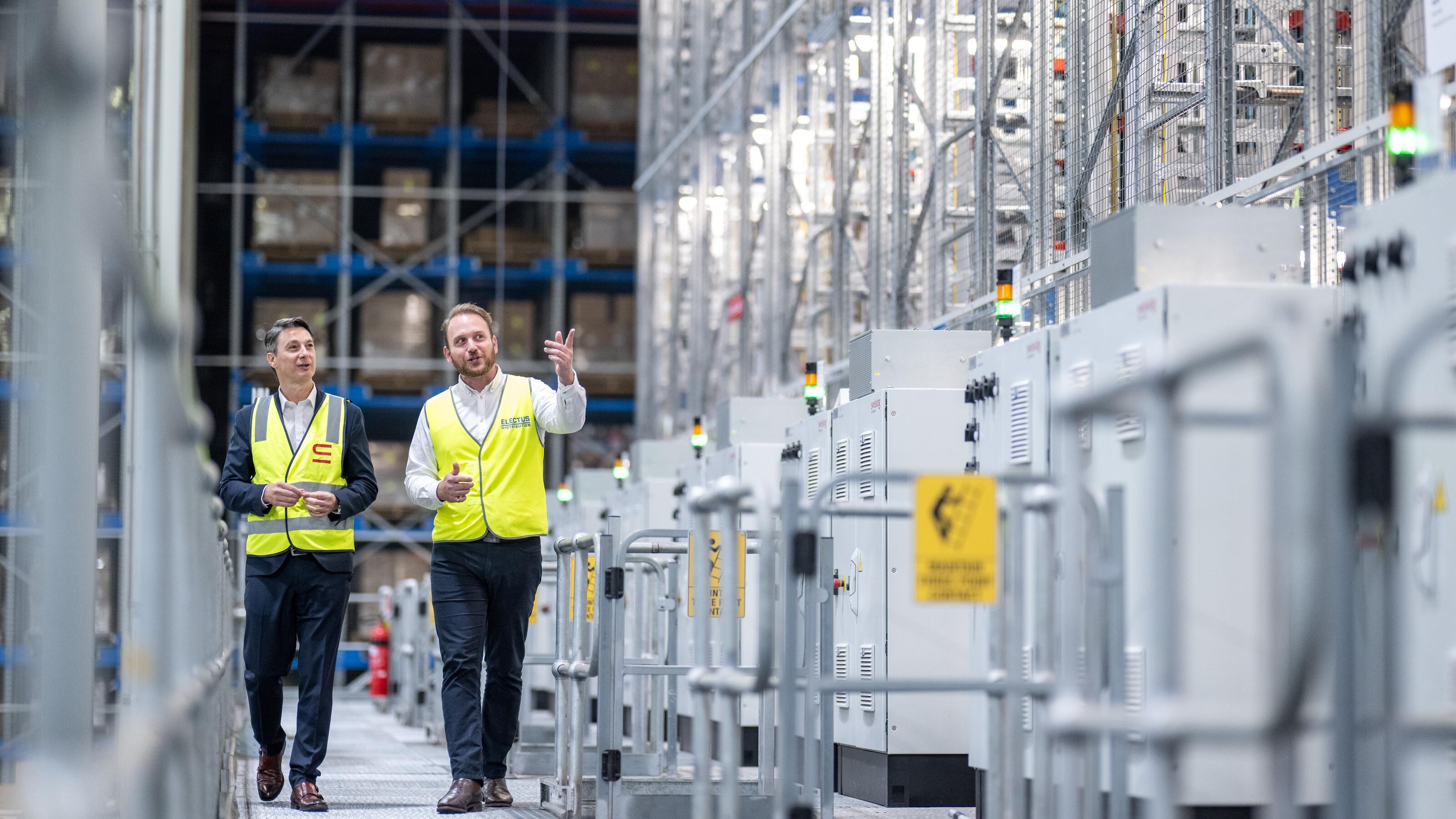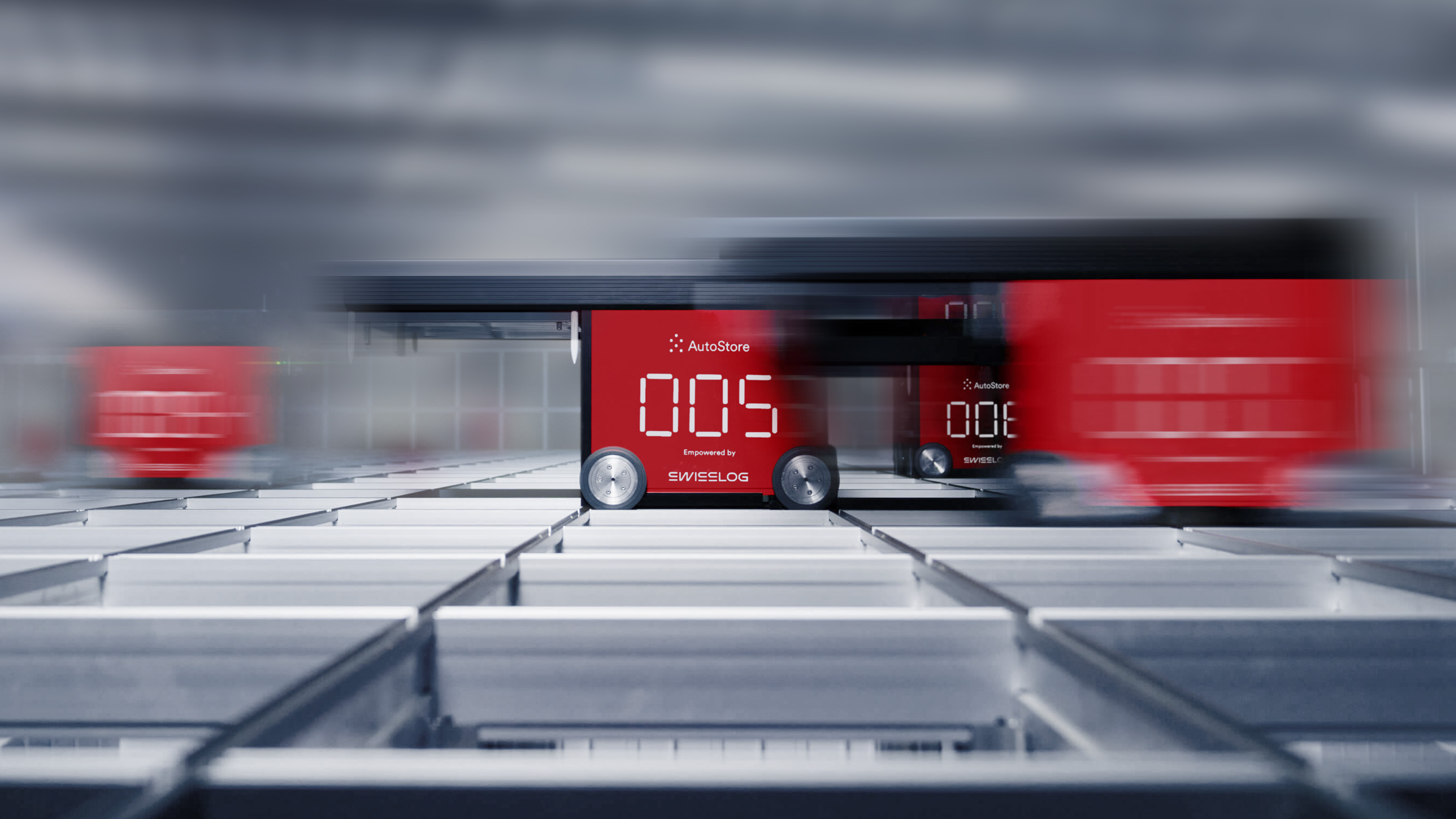Government-led technological advancements
In emerging economies, like Saudi Arabia, government initiatives such as Saudi Vision 2030 and Saudi Vision 2040, serve as driving forces behind technological advancements. Saudi Vision 2030 - from which Oxagon industrial city (pictured above) is a major initiative - focuses on economic diversification, social development, and attracting investments, while Saudi Vision 2040 outlines the Kingdom's long-term economic blueprint. Governments in the region have taken an active stance in promoting automation, data-driven solutions, and cutting-edge technologies.
Smaller local companies typically begin with modest automation projects or modular automatic storage and retrieval systems as a starting point. Government-affiliated companies are instrumental in pioneering innovations within the country and facilitating the adoption of technologies from other nations. As time progresses, smaller businesses find it easier to access these technologies, contributing to the widespread adoption of warehouse automation and fostering economic growth.











